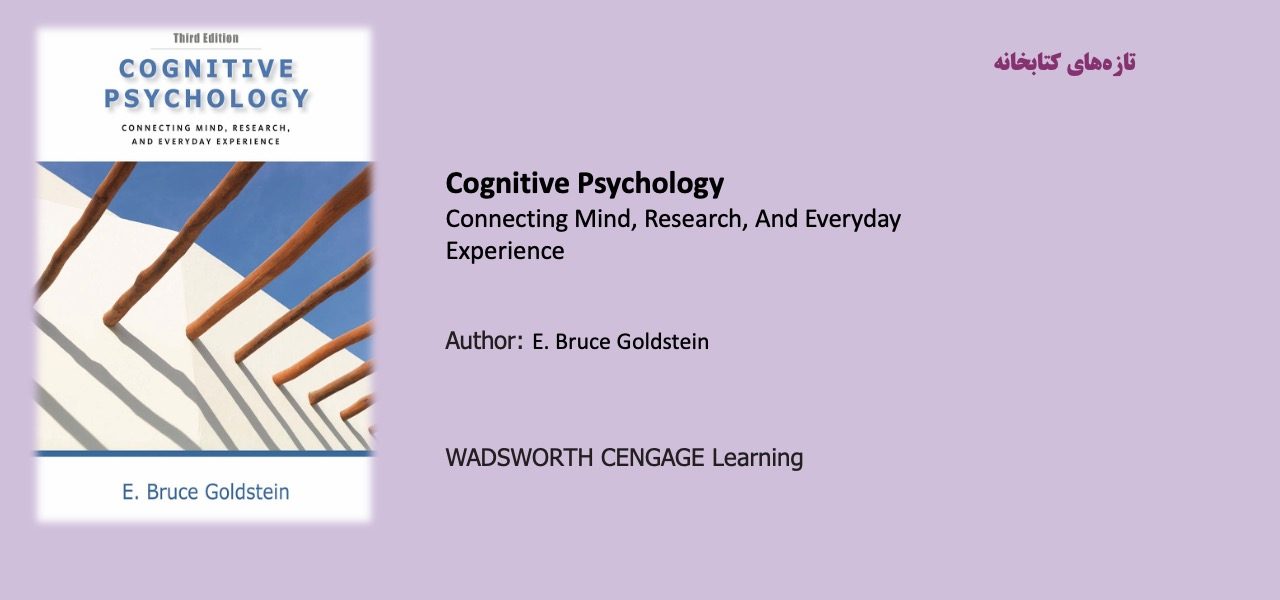Cognitive Psychology

You may have noticed that we have been using the term mind without precisely defining
- As we will see, mind, like other concepts in psychology, such as intelligence or emotion,
can be thought of in a number of different ways.
WHAT IS THE MIND?
One way to approach the question “What is the mind?” is to consider how “mind” is
used in everyday conversation. Here are a few examples:
- “He was able to call to mind what he was doing on the day of the accident.” (The
mind as involved in memory)
- “If you put your mind to it, I’m sure you can solve that math problem.” (The mind
as problem-solver)
- “I haven’t made up my mind yet” or “I’m of two minds about this.” (The mind as
used to make decisions or consider possibilities)
- “He is of sound mind and body” or “When he talks about his encounter with
aliens, it sounds like he is out of his mind.” (A healthy mind being associated with
normal functioning, a nonfunctioning mind with abnormal functioning)
- “A mind is a terrible thing to waste.” (The mind as valuable, something that should
be used)
- “He has a beautiful mind.” (From Sylvia Nasar’s book A Beautiful Mind, about
Nobel Prize winner John Nash, which was made into an Academy Award–winning
movie staring Russell Crowe)
مطالب مرتبط

کتاب تمرین درمان شناختی – رفتاری برای مشکلات سلامت روان
۱ / اردیبهشت / ۱۴۰۴

درآمدی بر روانشناسی خرد
۱ / اردیبهشت / ۱۴۰۴

سرشت – چگونه سیمکشی مغزهای ما هویت ما را تعیین میکنند؟
۱ / اردیبهشت / ۱۴۰۴

